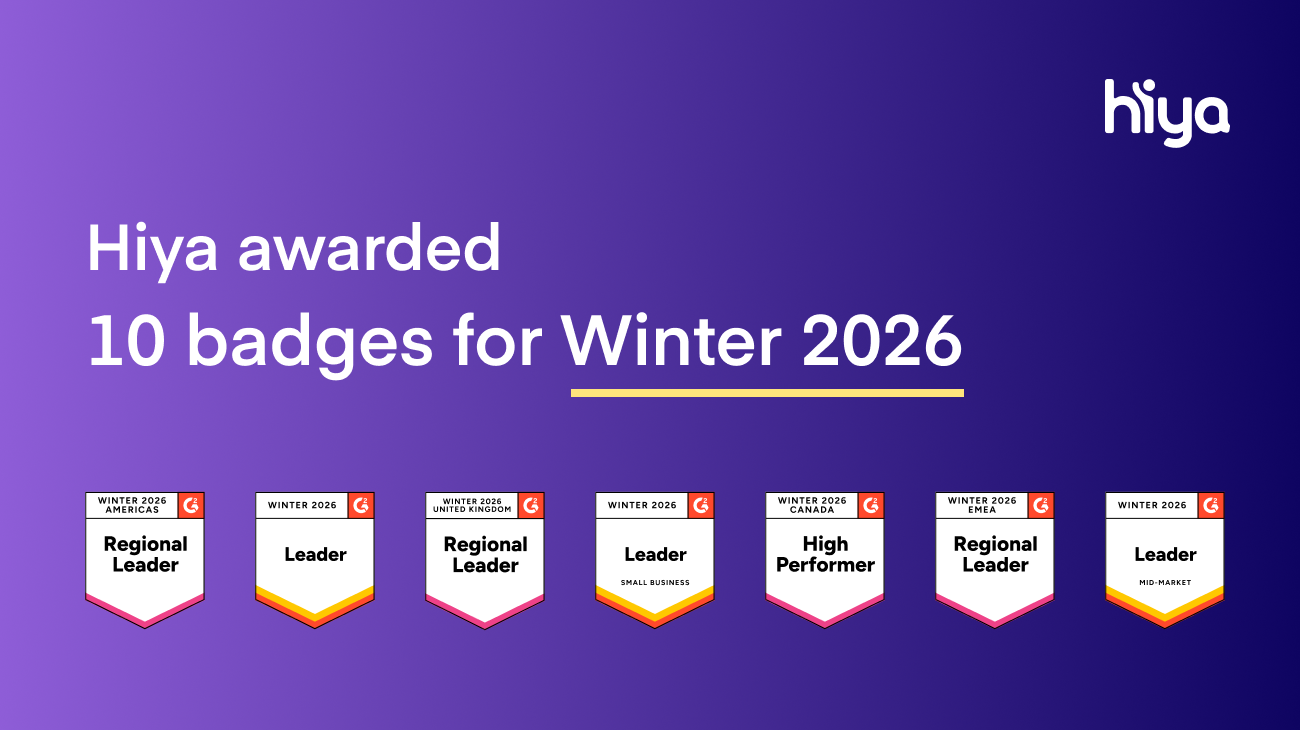
Yesterday, CNET and TechCrunch published articles claiming that some robocalling apps (including Hiya) send basic device data (e.g. OS version, device timezone) to third-party data analytics companies without consumers’ explicit consent. To be clear, the third party analytics companies that these stories are referring to are services like Google Analytics, all of which help Hiya improve or track how our service is performing so that we can provide the best experience for our users.
This is an important topic, and we thank Dan Hastings, CNET and TechCrunch for bringing this matter to our attention. We have issued an app update that has fixed the issue reported.
While we do not mean to deflect the story about app analytics in any manner, it is important to point out that numerous apps across many verticals do exactly what these stories are aiming to “uncover”. Also, we find some irony in the fact that even TechCrunch and CNET’s own mobile apps currently utilize third party analytics in the same manner as they reported that Hiya did. To be clear, many media company apps behave in the same manner, so the TechCrunch and CNET apps do not stand out in this regard from most apps, but neither does the Hiya app or “robocall blocking” apps.
We stand committed to providing our users with the best spam detection service on the market, and we will always do this with the utmost respect to our users’ privacy. Read more about our privacy philosophy here.

.jpg)

